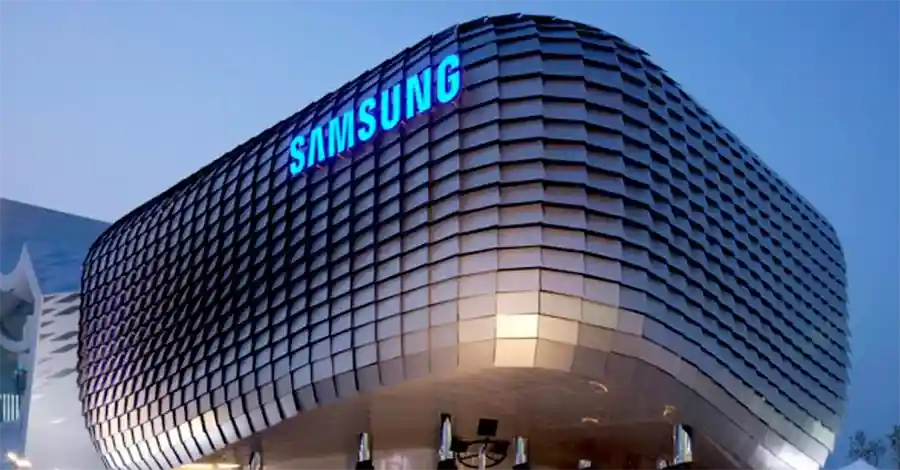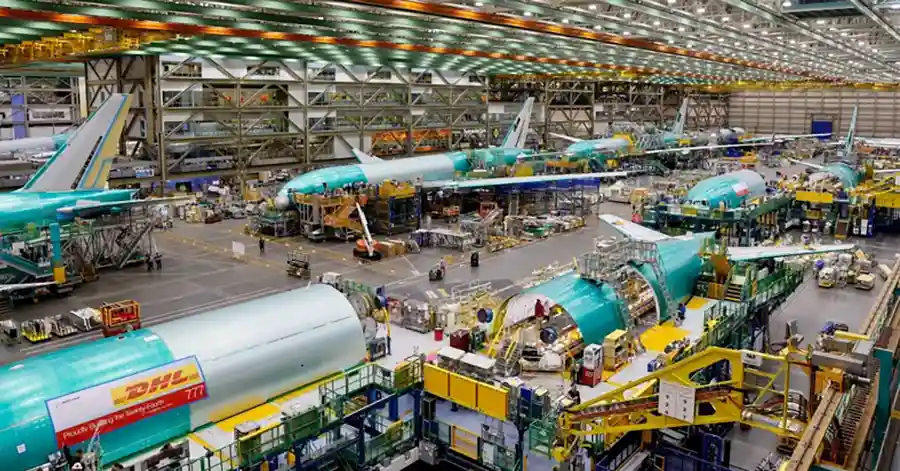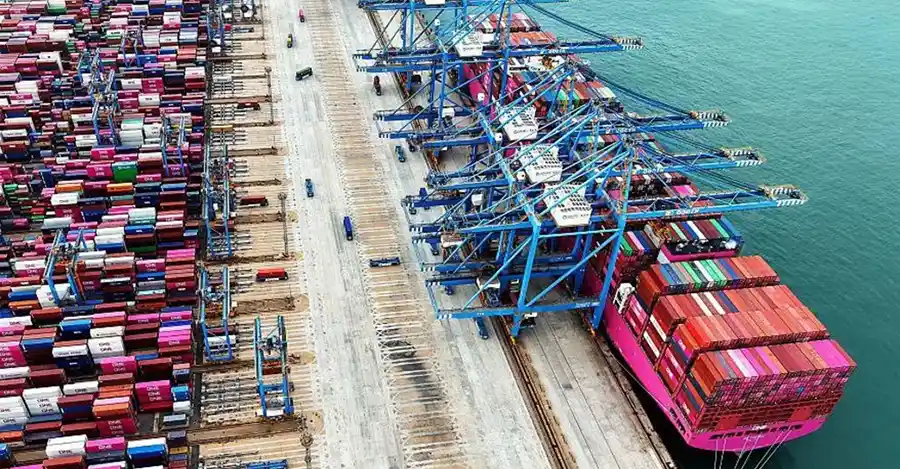The artificial intelligence revolution has triggered an unprecedented surge of investment as tech giants race to secure massive computing power needed to fuel the next generation of AI systems. From OpenAI’s multi-billion dollar chip partnerships to Meta’s strategic cloud computing agreements, the industry is witnessing a historic capital deployment that’s reshaping the entire technology landscape.
These staggering investments—totaling well over $600 billion across major deals—demonstrate the industry’s unwavering confidence that artificial intelligence will fundamentally transform business, consumer technology, and society. As demand for AI services like ChatGPT continues skyrocketing, companies are channeling unprecedented resources into processors, data centers, and cloud infrastructure to maintain competitive advantages.
OpenAI’s Strategic Chip Partnerships: Building Independent Infrastructure
OpenAI and Broadcom: 10 Gigawatt Custom Chip Deal
OpenAI has forged a groundbreaking partnership with semiconductor giant Broadcom to manufacture its first proprietary artificial intelligence processors. This strategic move positions OpenAI to reduce dependence on third-party chip suppliers while scaling its infrastructure to meet explosive demand.
Key Details:
- OpenAI designs chips, Broadcom develops and deploys starting H2 2026
- 10 gigawatts of custom chip capacity planned
- Power consumption equivalent to 8+ million U.S. households
- Five times the electricity generated by Hoover Dam
This massive energy requirement underscores the computational intensity of training and running advanced AI models that approach human-level intelligence.
AMD Partnership: Multi-Year Supply Agreement
AMD secured a significant multi-year deal to supply AI chips to OpenAI, with a unique equity component allowing ChatGPT’s creator to purchase approximately 10% stake in the semiconductor manufacturer. This arrangement strengthens OpenAI’s chip supply chain while giving AMD predictable revenue from the AI leader.
Nvidia Investment: $100 Billion Data Center Deal
Nvidia is poised to invest up to $100 billion in OpenAI while supplying cutting-edge data center chips. This deal gives the dominant AI chipmaker financial stake in OpenAI, cementing their symbiotic relationship where OpenAI remains a critical customer for Nvidia’s industry-leading GPUs.
Meta’s Aggressive AI Infrastructure Expansion
CoreWeave Agreement: $14 Billion Computing Power
Meta signed a massive $14 billion agreement with CoreWeave to secure computing power for the Facebook parent company. This partnership ensures Meta has sufficient infrastructure to train large language models and power AI features across Facebook, Instagram, WhatsApp, and emerging products.
Oracle Cloud Deal: $20 Billion Multi-Year Contract
Oracle is negotiating a multi-year cloud computing agreement with Meta worth approximately $20 billion. This underscores Meta’s urgent drive to secure faster access to computing resources as it competes aggressively in the AI race against rivals like Google and Microsoft.
Google Cloud Partnership: $10 Billion Six-Year Deal
Google struck a six-year cloud computing contract with Meta Platforms exceeding $10 billion, demonstrating that even competing tech giants collaborate when mutual benefits exist. This deal provides Meta with Google’s cloud infrastructure while generating substantial revenue for Google Cloud.
Scale AI Investment: $14.3 Billion Strategic Stake
Meta acquired a 49% stake in Scale AI for approximately $14.3 billion, bringing the company’s 28-year-old CEO Alexandr Wang into a prominent role within Meta’s artificial intelligence strategy. Scale AI specializes in data labeling and annotation—critical services for training high-quality AI models.
For insights on government technology policies and digital infrastructure, observers are monitoring how these private sector investments influence national AI strategies.
Oracle’s Cloud Computing Dominance
OpenAI Mega-Deal: $300 Billion Over Five Years
Oracle reportedly signed one of the largest cloud deals in history with OpenAI, under which the ChatGPT maker expects to purchase $300 billion in computing power over approximately five years. This astronomical figure reflects the enormous infrastructure required to support OpenAI’s growing user base and increasingly sophisticated AI models.
This partnership positions Oracle as a critical infrastructure provider for the AI revolution, competing directly with Amazon Web Services, Microsoft Azure, and Google Cloud.
Nvidia’s Strategic Investments and Partnerships
Intel Investment: $5 Billion Capital Injection
Nvidia will invest $5 billion in struggling chipmaker Intel, acquiring roughly 4% equity after new share issuance. This surprising move provides Intel with crucial capital while giving Nvidia strategic influence over a competitor that’s attempting to revitalize its semiconductor manufacturing capabilities.
CoreWeave Agreement: $6.3 Billion Initial Order
CoreWeave signed a $6.3 billion initial order with backer Nvidia, featuring a unique guarantee where the AI chipmaker will purchase any cloud capacity not sold to customers. This arrangement reduces CoreWeave’s risk while ensuring Nvidia maintains control over significant computing resources.
Microsoft’s Infrastructure Acquisitions
Nebius Group Deal: $17.4 Billion GPU Infrastructure
Nebius Group will provide Microsoft with GPU infrastructure capacity in a five-year agreement valued at $17.4 billion. This partnership bolsters Microsoft’s ability to support Azure cloud services and its own AI initiatives, including Copilot and OpenAI-powered features integrated across Microsoft products.
Google’s Technology Acquisition Strategy
Windsurf Technology Deal: $2.4 Billion License Fees
Google hired several key staff members from AI code generation startup Windsurf and will pay $2.4 billion in license fees to use the company’s technology under non-exclusive terms. This represents Google’s strategy of acquiring promising AI technologies and talent to maintain competitive advantages in the rapidly evolving field.
Tesla’s Semiconductor Supply Chain
Samsung Partnership: $16.5 Billion Chip Deal
Tesla signed a $16.5 billion agreement to source chips from Samsung Electronics. CEO Elon Musk announced that Samsung’s new chip manufacturing facility in Texas would produce Tesla’s next-generation AI6 chip, which powers the company’s Full Self-Driving technology and robotics initiatives.
This vertical integration strategy gives Tesla greater control over its AI hardware roadmap while supporting Samsung’s expansion of semiconductor manufacturing in the United States.
SoftBank’s Strategic Investments
Intel Capital Injection: $2 Billion Investment
SoftBank Group is providing a $2 billion capital injection to Intel, making the Japanese tech investor one of the top-10 shareholders of the troubled U.S. chipmaker. This investment provides Intel with additional resources to compete in the AI chip market dominated by Nvidia.
The Stargate Project: $500 Billion AI Infrastructure Vision
Perhaps the most ambitious initiative is Stargate, a joint venture between SoftBank, OpenAI, and Oracle to construct massive data centers specifically designed for artificial intelligence workloads. Announced by U.S. President Donald Trump in January, the project envisions investments up to $500 billion to fund AI infrastructure.
Stargate Project Objectives:
- Build state-of-the-art data centers optimized for AI training and inference
- Create domestic AI infrastructure reducing foreign dependence
- Generate thousands of high-tech jobs
- Position United States as global AI infrastructure leader
- Support national security and economic competitiveness
This unprecedented public-private partnership reflects the strategic importance governments place on AI infrastructure as critical national assets.
Amazon’s AI Investment Strategy
Anthropic Funding: $4 Billion Investment
Amazon pumped $4 billion into Anthropic, an OpenAI competitor known for its Claude generative AI chatbot, doubling its previous investment. This strategic bet diversifies Amazon’s AI portfolio beyond its own internal developments while strengthening Amazon Web Services’ AI offerings.
Anthropic has positioned itself as a safety-focused alternative to OpenAI, emphasizing responsible AI development—an approach that resonates with enterprise customers concerned about AI risks.
CoreWeave’s Central Role in AI Infrastructure
OpenAI Contract: $11.9 Billion Five-Year Agreement
Before its IPO, Nvidia-backed startup CoreWeave signed a five-year contract worth $11.9 billion with OpenAI in March. This massive agreement established CoreWeave as a critical infrastructure provider for OpenAI’s rapidly expanding services, demonstrating how specialized AI cloud providers are capturing market share from traditional cloud giants.
What This Investment Wave Means for the Future
These extraordinary investments signal several critical trends:
AI Infrastructure Arms Race: Companies recognize that computing power will determine winners in the AI revolution, driving massive capital deployment.
Vertical Integration: Tech giants are securing entire supply chains from chip design through data centers to reduce dependencies and costs.
Energy Challenges: The enormous power requirements raise urgent questions about sustainability and grid capacity.
Strategic Partnerships: Even fierce competitors are collaborating to ensure adequate infrastructure availability.
Economic Impact: These investments are creating jobs, driving innovation, and reshaping global technology leadership.
Conclusion: Historic Capital Deployment Reshapes Tech Industry
The tech industry’s commitment of over $600 billion to AI infrastructure represents one of the largest coordinated investment waves in business history. From OpenAI’s custom chip partnerships to the ambitious $500 billion Stargate project, these deals demonstrate unwavering belief that artificial intelligence will fundamentally transform the global economy.
As these partnerships mature and infrastructure comes online over the next 3-5 years, they will determine which companies successfully scale AI services to billions of users. The stakes couldn’t be higher, and the investments reflect the industry’s conviction that AI represents a once-in-a-generation technological shift comparable to the internet revolution.




















Comments